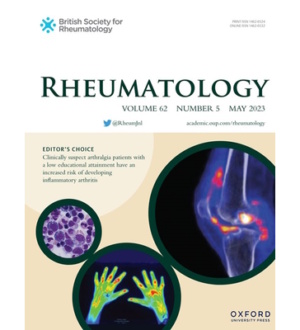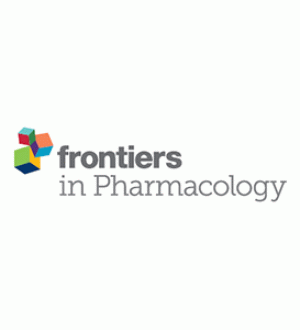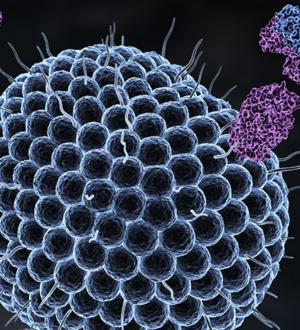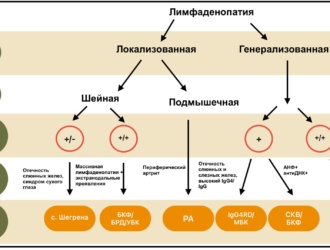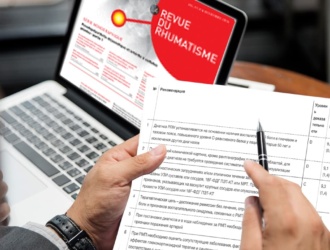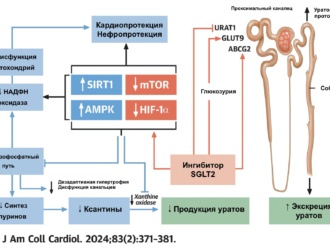
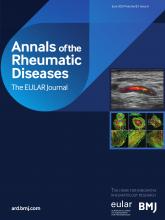
В рамках данного исследования было изучено, как изменения в потреблении алкоголя влияют на уровень мочевой кислоты (МК), поскольку связь между этими факторами оставалась неизвестной. Для анализа использовали ретроспективные данные ежегодных медицинских осмотров 63 486 участников в японском центре профилактической медицины за период с 2012 по 2022 год. Связь между изменениями МК и потреблением алкоголя оценивалась с помощью линейной регрессии со смешанным эффектом.
Результаты показали, что уменьшение потребления алкоголя на один напиток в день ассоциировалось с незначительным снижением МК (−0,019 мг/дл), а полный отказ от алкоголя был связан с более выраженным снижением МК (−0,056 мг/дл). У участников с гиперурикемией отказ от алкоголя приводил к ещё большему снижению МК (−0,110 мг/дл).
Таким образом, изменения в потреблении алкоголя оказали небольшое влияние на уровень МК в общей популяции, в то время как полный отказ от алкоголя продемонстрировал умеренное улучшение показателей у пациентов с гиперурикемией.
Fukui S, Okada M, Shinozaki T, Asano T, Nakai T, Tamaki H, Kishimoto M, Hasegawa H, Matsuda T, Marrugo J, Tedeschi SK, Choi H, Solomon DH. Changes in alcohol intake and serum urate changes: longitudinal analyses of annual medical examination database.
Annals of the Rheumatic Diseases. 2024 July. 15;83(8):1072-1081.
Ссылка на источник
DOI: 10.1136/ard-2023-225389
Changes in alcohol intake and serum urate changes: longitudinal analyses of annual medical examination database
Despite the established cross-sectional association between alcohol intake and serum urate (SU), its longitudinal association remains unknown. This study aimed to determine whether changes in alcohol intake have a clinically relevant association with SU change.
Method
We conducted retrospective analyses using systematically collected annual medical examination data from October 2012 to October 2022 in a Japanese preventive medicine centre. The exposure was changes in alcohol intake between two consecutive visits. The association of SU changes with alcohol intake changes was estimated by mixed-effect linear regression with adjustment for relevant covariates.
Results
We analysed 63 486 participants (median age, 47.0 years; 55% women; 58.6% regular alcohol drinkers with a median of 1.4 drinks/day) with 370 572 visits. The median SU level was 5.3 mg/dL, and 506 (0.8%) participants had diagnoses of gout or hyperuricemia without medication use during the study period. Decreasing one daily alcohol intake had a clinically small association with SU changes (−0.019 (95% CI: −0.021 to –0.017) mg/dL). Beer had the largest association with SU (−0.036 (95% CI: −0.039 to –0.032) mg/dL for one beer decrease). Complete discontinuation of any alcohol from a mean of 0.8 drinks/day was associated with −0.056 mg/dL (95% CI: −0.068 to –0.043) decrease in SU; the association became larger in hyperuricemic participants (−0.110 mg/dL (95% CI: −0.154 to –0.066) for alcohol discontinuation from a mean of 1.0 drinks/day).
Conclusions
This study revealed changes in alcohol intake had small associations with SU change at the general Japanese population level. Complete discontinuation of alcohol in hyperuricemic participants had only modest improvement in SU.
